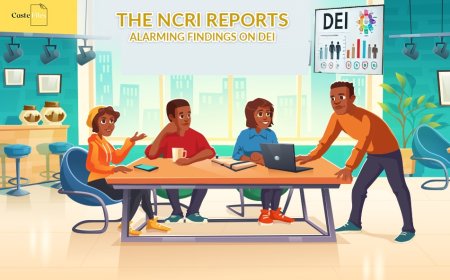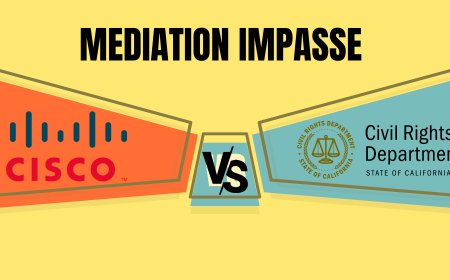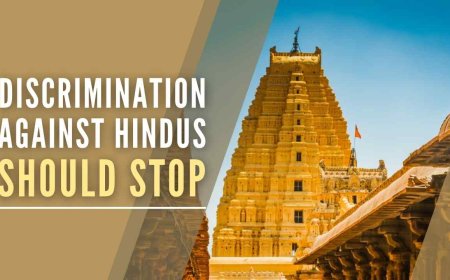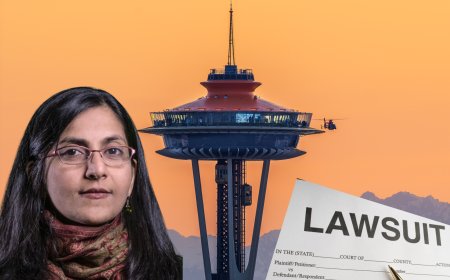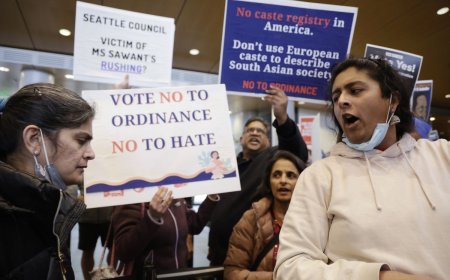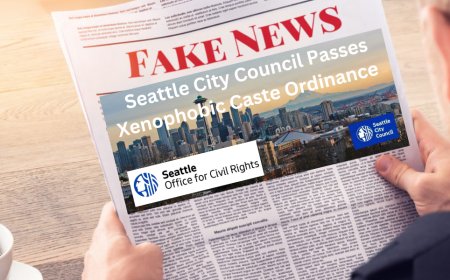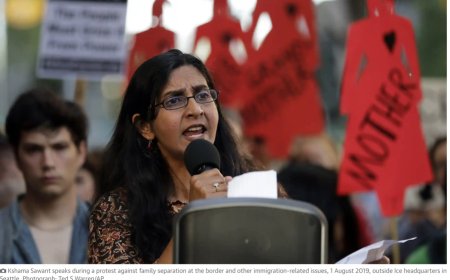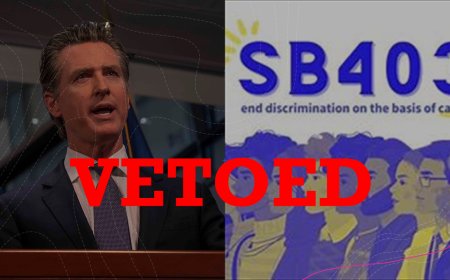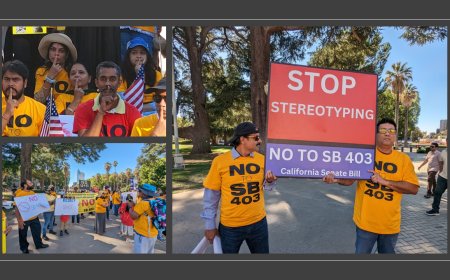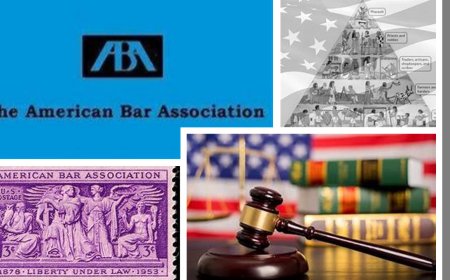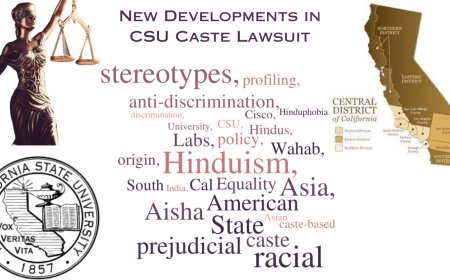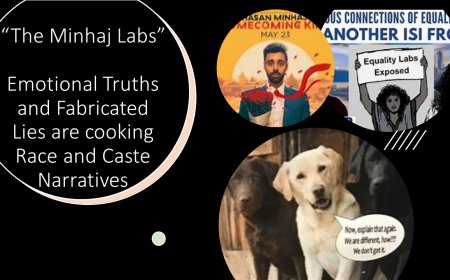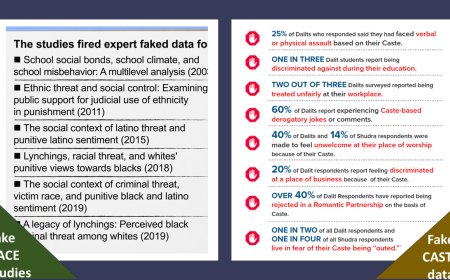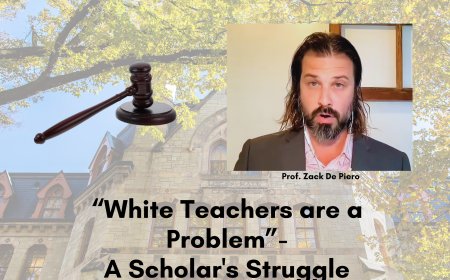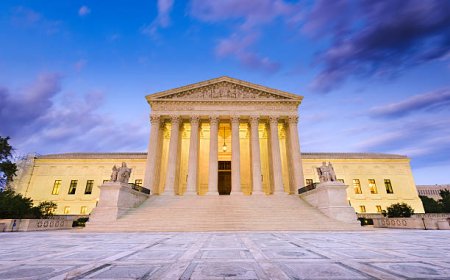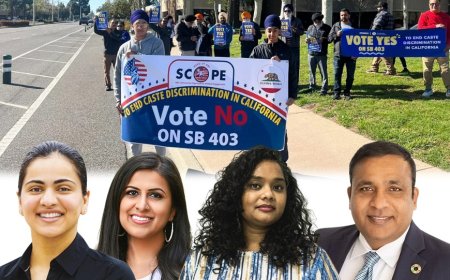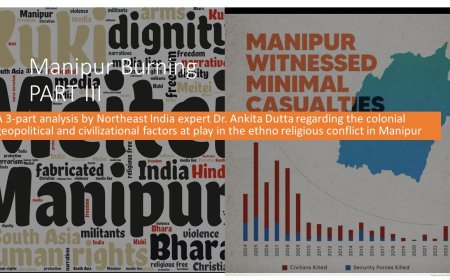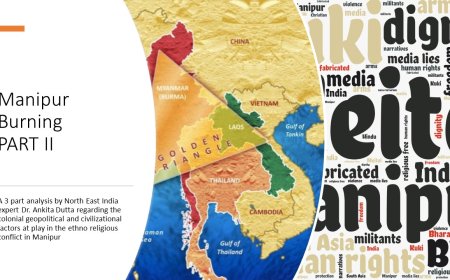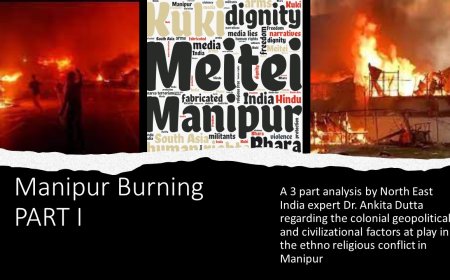Is Hate Speech Free Speech ?
Castefiles highlights University of San Diego University campuses across the US are unable to strike a balance between constitutional mandates of free speech on the one hand, and equal protection on the other. As a result, some student groups are privileged over others as campuses turn into dangerous spaces for students from vulnerable minorities like Hinduism and Judaism.
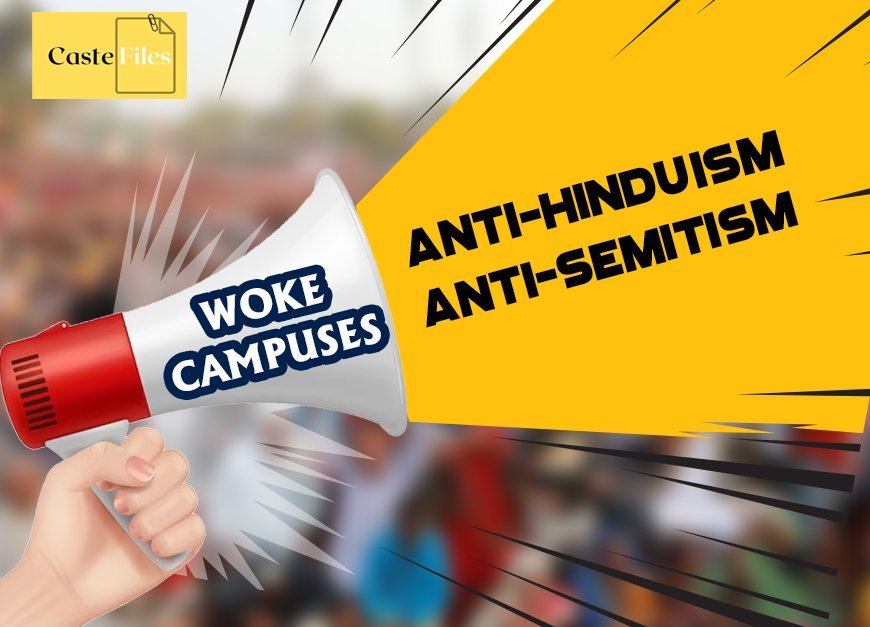
The US is Known for the Most Liberal Freedom of Expression Laws
While hate speech can be distressing and offensive, it is generally safeguarded in the US by the First Amendment. Legal rulings have determined that imposing limitations on hate speech would conflict with the First Amendment’s guarantee of freedom of expression.
As American universities are subject to the First Amendment, they are required to comply with these decisions. Nonetheless, universities are also responsible for fostering a secure, inclusive educational environment for every member of their campus community.
Considering these factors, US courts have determined that expression typically cannot be penalized based on its content or perspective. Therefore, while hate speech is constitutionally protected, any form of expression that amounts to a genuine threat, provocation to immediate unlawful action, discriminatory harassment, or defamation can be subjected to disciplinary actions by universities.
Hate speech is often defined as any expression intended to demean, vilify, or incite hatred against a group or class of individuals based on attributes such as race, religion, skin color, sexual identity, gender identity, ethnicity, disability, or national origin.
Closer Scrutiny of Title VI Compliance on Campuses Needed After October 7th
The US Department of Education has directed its Office for Civil Rights (OCR) to probe allegations of hate speech-related discrimination across several campuses, due to over tenfold surge in complaints related to civil rights infringements in higher education, particularly among Jewish and Muslim/Arab students, following the Hamas attack on October 7, 2023, and the ensuing conflict.
Rather than resorting to political posturing, Federal officials will assess whether these institutions have breached Title VI of the Civil Rights Act, which forbids discrimination based on race, color, or national origin in any institution that benefits from Federal funding.
At least 15 colleges (more schools are being added) are under investigation, including several in California, such as UCLA, UC San Diego, Stanford University, UC Berkeley Law School, and Santa Monica College. Other academic institutions being scrutinized for potential infringements of Title VI include Cornell, Columbia, Harvard, Wellesley, University of Pennsylvania, University of Washington, Tulane, Oberlin, and Rutgers. any US colleges and universities are currently experiencing challenging and perplexing times. For a lot of students, the campus environment has become intimidating and, at times, even menacing.
UCSD Under the Scanner
According to an article in the LA Times, UC San Diego indicated that the complaint that resulted in Federal intervention pertained to an incident in June 2023, which "has no connection to the Israel-Hamas conflict or any disagreements between Israelis and Palestinians." In an email communication, the university refrained from divulging additional details, respecting the privacy rights of the individuals involved. An Education Department spokesperson declined to specify the nature of the complaints against the California campus but it has become known that the Department of Education (DOE) will conduct an inquiry to ascertain whether these campuses have breached Title VI.
Title VI provision mandates that all colleges, universities, and K-12 schools receiving Federal funds ensure an educational environment without discrimination for all students based on race, color, or national origin, including shared ancestry or ethnic traits.
While Federal laws do not explicitly cover religious discrimination, OCR has the authority to investigate instances of harassment against students of Jewish, Muslim, Hindu, and other religious backgrounds if they are subjected to “ethnic or ancestral slurs,” stereotypes rooted in perceived shared ancestry or ethnicity, or appearance or behavior associated with their backgrounds.
Harassment can encompass behaviors such as slurs, taunts, stereotypes, or derogatory names, as well as racially driven physical threats, assaults, or other forms of malicious conduct, as stated on the Education Department’s website.
Potential interventions could involve publicly denouncing stereotypical or derogatory views and ensuring that opposing perspectives are platformed. Institutions that breach the law and fail to rectify the issues risk losing Federal funding or being referred to the US Department of Justice for additional measures.
Identitarian Politics Give Rise to Anti-Semitism and Anti-Hinduism
Another significant issue that has beset universities over the past few decades is the establishment of specialized departments and programs catering to distinct identity groups. This has led to a substantial increase in anti-Semitism and anti-Hinduism originating in these identity-focused departments.
Several departments have opted to boycott and divest from Israel and called for sanctions against India. Some have exclusively invited speakers who are anti-Israel/India and anti-Semitic/Hinduphobic while denying the opportunity to pro-Israel/India and anti-DEI speakers to present their differing viewpoints to students.
This trend extends to several Ethnic Studies departments, which have aligned with the progressive “woke” narrative by adopting a highly critical stance towards Israel/India and Zionism/Hindu nationalism.
Potential Abuse of Title VI & Federal Funding Laws due to DEI
Universities should approach the study of all identities with the same level of critical scrutiny that they apply to other academic disciplines. The educational sphere should refrain from establishing specialized departments that often serve merely as uncritical advocates for specific identities (with in-built hostility to some other identities).
The culmination of DEI initiatives and technical departments has led to institutionalization of anti-Semitism/anti-Hindu hate in many universities. Anti-Semitic and Hinduphobic individuals have always existed among university faculty, administrators, and students. However, these two developments have transformed isolated instances of anti-Semitism and anti-Hindu hate into a systemic bias.
Consequently, students and faculty are valued less for their individuality and ability, and more for their group affiliations. Certain groups on campuses receive more privileges than others. In this hierarchical structure, Jews and Hindus ironically find themselves at the bottom, primarily because they are perceived as the most privileged by society at large. This paradox fosters anti-Semitism and anti-Hinduism.
Castefiles Official OCR Complaint
We at Caste Files express satisfaction that our official Civil Rights Complaint against the horrifying racial discrimination against vulnerable minority groups ingrained in the policy framework of the University of San Diego (UCSD) is progressing in the right direction. In our complaint filed with the OCR on August 14, 2023, we exposed the blatant racism in the “Race, Caste, and Religion” (RCAR) Student Admissions Policy.
The official website of UCSD’s Ethnic Studies Department states that RCAR Policy intends to give preferential admission to "Dalit" and "Muslim" students while ignoring any other students belonging to "Non-Dalit" and "Non-Muslim" backgrounds. The policy defines "caste" as a 2500-year-old practice using the specific term "Brahminical caste system," thus tying it inextricably to the Hindu religion in India.
Subsequently, we also made submissions to the OCR pointing out that the UC System and its campuses are condoning the shocking terrorist strikes on Israel and glorifying the perpetrators, Hamas, which is a designated terror outfit in the list of the US Department of State.
The UC System and its campuses are also deploying old, misleading tropes by labeling Israel as "Zionist" and co-relating it to India's "Hindutva" while trying to pin the mendacious accusation on both the countries of genocide in Palestine and Kashmir, respectively. Our complaints were duly acknowledged by the OCR.
Can the First Amendment override the Equal Protection Clause?
In public universities, the First Amendment typically permits only infrequent limitations on free speech, particularly in provocation to unlawful activities, such as acts of violence against a protected group. The right to free speech remains paramount.
Our position at Caste Files is that a crucial distinction exists between the objective of the First Amendment's free speech clause and the Equal Protection clause, which prohibits discrimination. The Equal Protection clause prohibits discrimination on the grounds of race, sex, gender, ethnicity, ancestry, and one’s identification as a member of the LGBTQ+ community. Some scholars contend the necessity to curb discrimination implies that offensive speech can be curtailed or suppressed.
However, the First Amendment does not safeguard genuine threats toward individuals. As established by the Supreme Court in the landmark case of Brandenburg v. Ohio, which serves as the fundamental precedent for First Amendment protections, speech transitions into a threat when it advocates immediate lawlessness. Advocacy for violence against others, particularly when they are singled out by name, crosses the boundary from speech to threats when steps are taken to execute or act upon these threats.
Indeed, free speech is not a unilateral concept. Over the years, university administrators have made concerted efforts to establish "safe spaces" for students, particularly students of color and members of the LGBTQ+ community, to foster a secure campus environment and mitigate discrimination. Critics, particularly from the political right, have argued that such initiatives favor a single viewpoint, thereby stifling dissent. Paradoxically, the speech codes instituted to combat discrimination are now being exploited to shield threats. Free speech implies freedom of expression for everyone, and equal protection signifies equal safeguards for all, not just a select few. The presumption lies in believing that only a favored few are entitled to both protections.
The OCR or Office for Civil Rights has the potential to introduce much-needed clarity to the situation. Rather than aiming to penalize schools, its objective should be to guide them through this uncertainty and establish explicit guidelines on how to safeguard students from discrimination while simultaneously preserving freedom of speech.
The OCR has the power and obligation to investigate UCSD’s role in creating, sponsoring, supporting, and promoting the RCAR program – and to discern whether UCSD is engaging in such discrimination in their other activities – and to impose whatever remedial relief is necessary to hold the school accountable for its unlawful conduct. This includes, if necessary, imposing fines, initiating administrative proceedings to suspend or terminate federal financial assistance, and referring the case to the Department of Justice (DoJ) for judicial proceedings to enforce the rights of the United States under federal law. After all, “the way to stop discrimination based on race is to stop discriminating based on race."
Accordingly, Caste Files has petitioned DOE's OCR to impose remedial relief as the law permits for the benefit of those who have been illegally excluded from the UCSD RCAR's discriminatory criteria and that the OCR ensures that all ongoing and future programming through UCSD comport with the Constitution and Federal civil rights laws.



